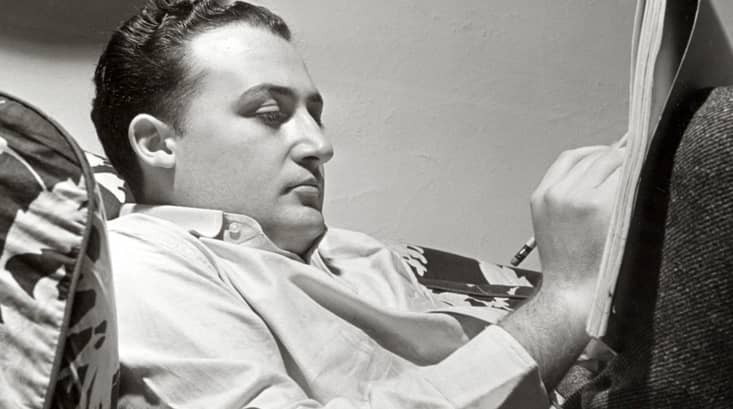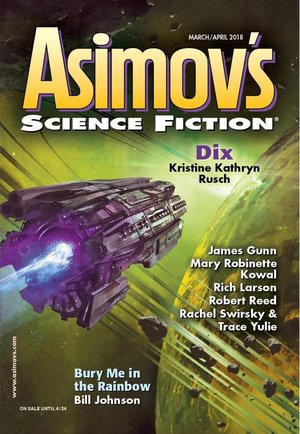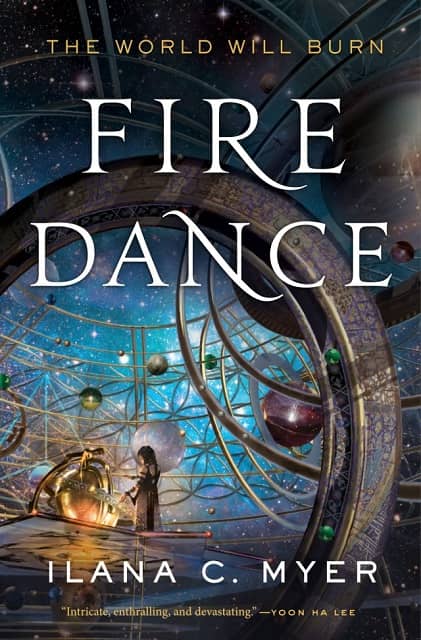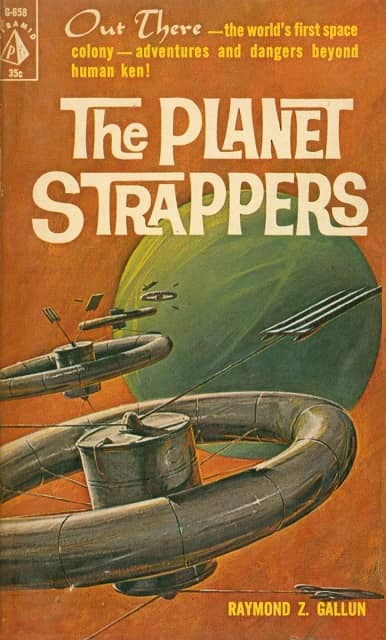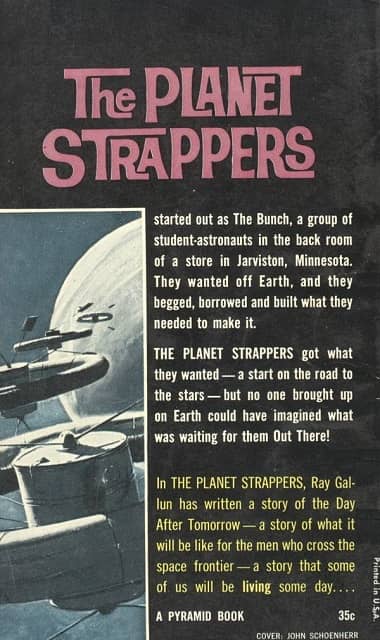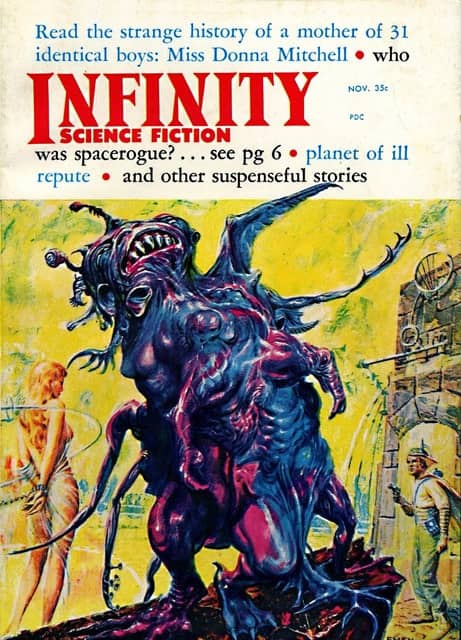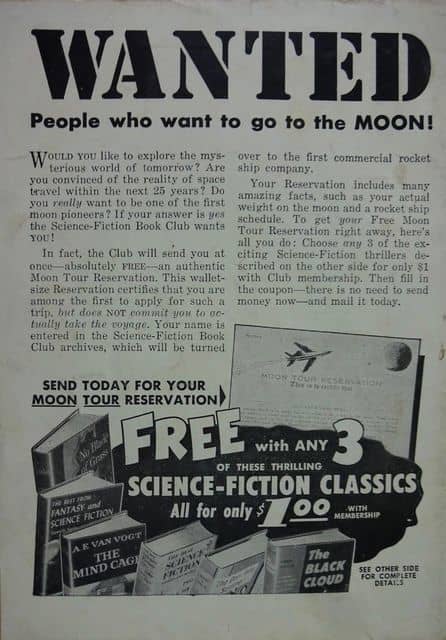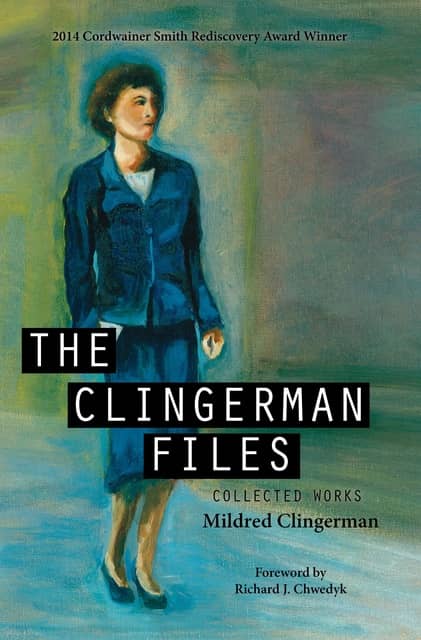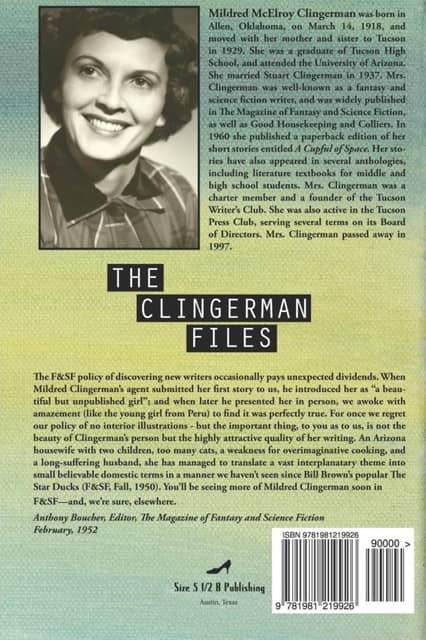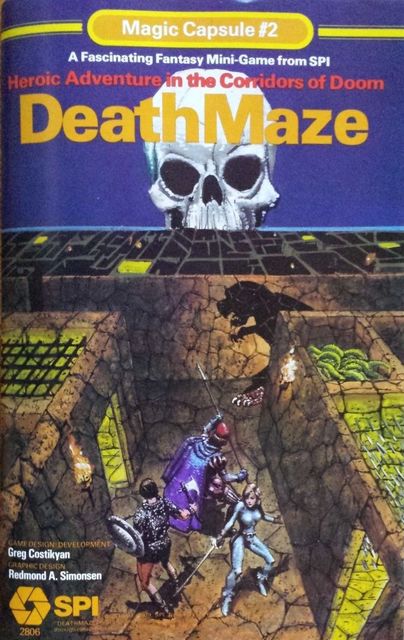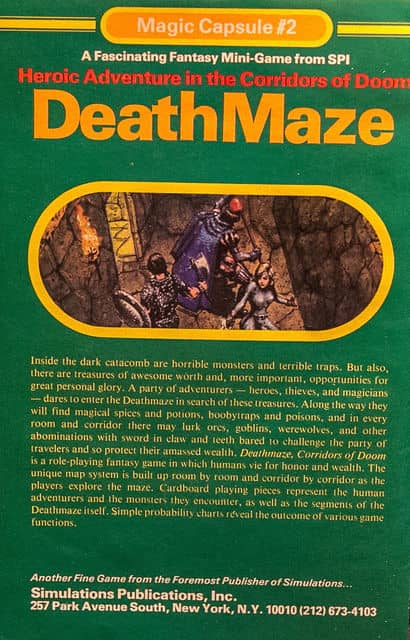Will Eisner: Ahead of His Time
Will Eisner
We are all in the habit of communicating in shorthand (perhaps now more than ever, in this era of emojis and tweets and texting) and often toss out clichés and smooth-worn phrases without pausing to consider what they might actually mean. It can hardly be otherwise, seeing that we are all in such a damnable hurry. (To ask where, exactly, we are hurrying to can make people uncomfortable, so I won’t ask.)
For this reason it might be useful to take one of these everyday expressions and give it a precise definition. The common phrase I have in mind is “ahead of his time.” I picked an easy one, so easy I can define it in just two words: Will Eisner.
I know this is hardly a contentious judgment. In the comics field, to speak the name of Will Eisner is like calling on the Lord Jehovah in the Sinai Desert; there is no higher name to invoke. After all, this is the man the comics industry has named its most prestigious award after. But to call an artist “ahead of his time” (or “the greatest artist-writer ever” or “a revolutionary genius,” all terms regularly applied to Eisner) means nothing without some idea of just what the standards of that time were and exactly how the winner of such praise compares to the competition.
So to put some flesh on the bare bones of the accolade, let’s go back to 1950 and take a look at the doings of the two most iconic heroes of the time, or maybe of any time — Batman and Superman, and compare them with a story from 1951, featuring Eisner’s signature creation, the Spirit, from near the end of the character’s run. (There’s no need to ask what the great Marvel heroes were doing in those days — Captain America and the Sub-Mariner were in limbo, and the Lee/Kirby/Ditko characters that dominated the sixties hadn’t been created yet. Marvel wasn’t even Marvel — the company was still called Timely, and with the postwar contraction of the superhero market it had decided to drop costumed crusaders and focus on monster comics.)
